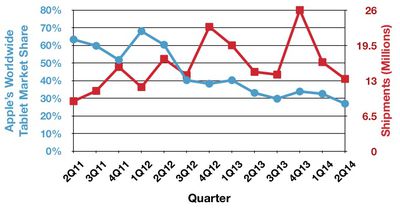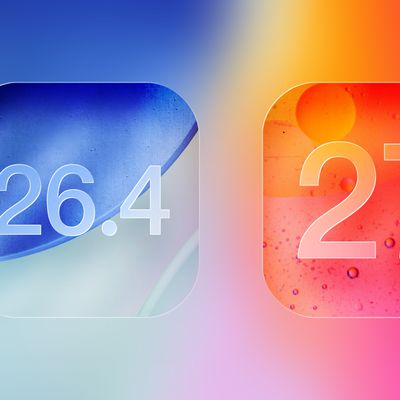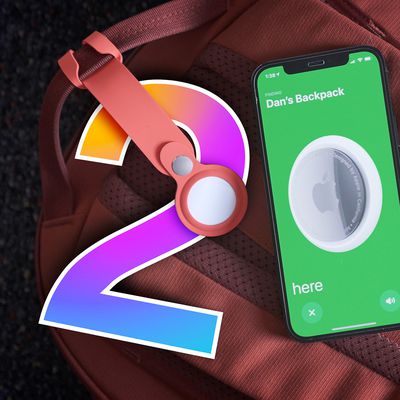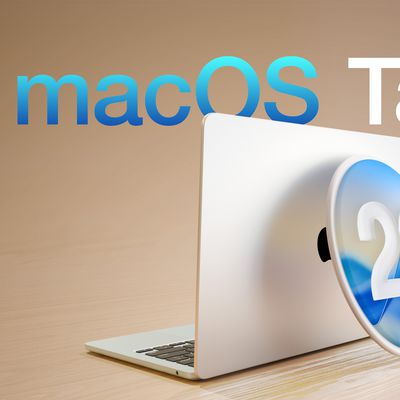Apple's recent earnings call revealed that iPad sales continue to decline, with the company shipping only 13.3 million iPads during the third fiscal quarter of 2014 (second calendar quarter), compared to 14.6 million in the year-ago quarter.
Despite the sales drop, Apple continues to be the world's leading tablet vendor, with a total 26.9 percent of the market, according to new numbers from research firm IDC. Samsung retains its number two spot with 8.5 million shipments and a 17.2 percent share, but both major companies have been losing significant ground to companies putting out more affordable tablet devices.

Lenovo, for example, saw its share of the tablet market rise from 3.3 percent to 4.9 percent, a 64.7 percent jump. ASUS saw 13.1 percent growth, and the "Others" category, which is comprised of vendors not quite in the top five list, has jumped from a 37 percent share to a 44.4 percent share, an increase of 33.4 percent.
Overall, the worldwide tablet market has grown 11 percent year-over-year, with total tablet shipments of 49.3 million, up from 44.4 million in 2013.

As we indicated last quarter, the market is still being impacted by the rise of large-screen smartphones and longer than anticipated ownership cycles," said Jean Philippe Bouchard, IDC Research Director for Tablets. "We can also attribute the market deceleration to slow commercial adoption of tablets. Despite this trend, we believe that stronger commercial demand for tablets in the second half of 2014 will help the market grow and that we will see more enterprise-specific offerings, as illustrated by the Apple and IBM partnership, come to market."
To date, Apple has sold 225 million iPads and according to Tim Cook, the company isn't worried about declining sales. Cook noted the tablet category is still "in its infancy," and Apple is planning to bring "significant innovation" to the iPad in the future.
iPad sales will likely pick up later this year with the introduction of a second-generation iPad Air and a second-generation Retina iPad mini. Both tablets are expected to include upgraded processors and Touch ID integration. Apple is also expanding its presence in the enterprise tablet market with a new partnership with IBM.
























